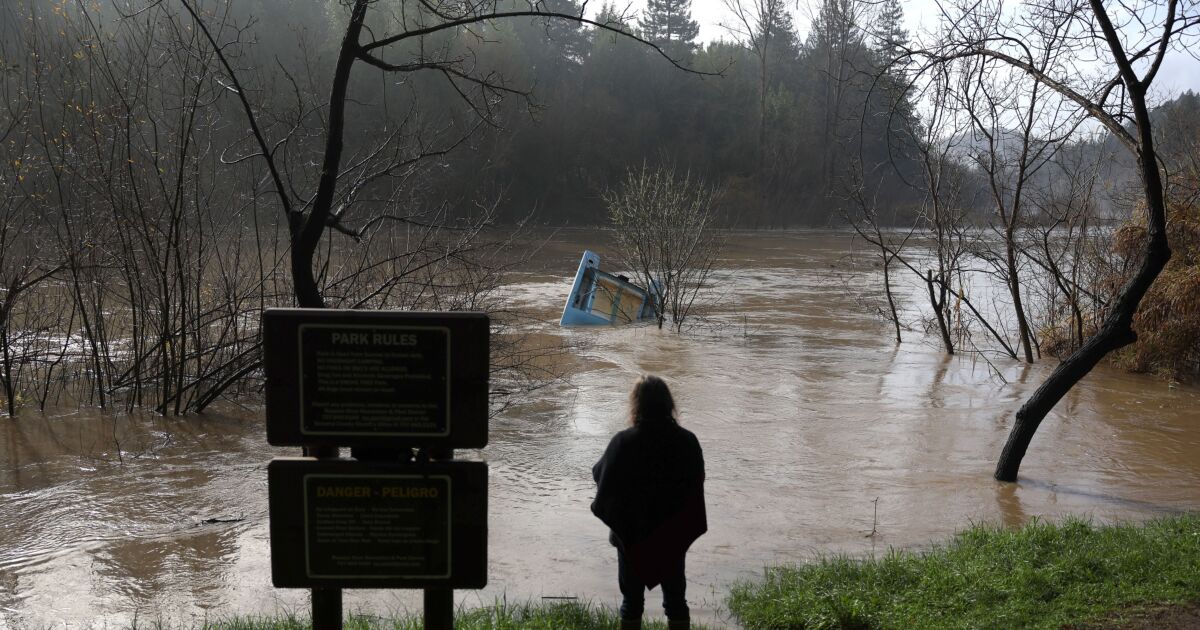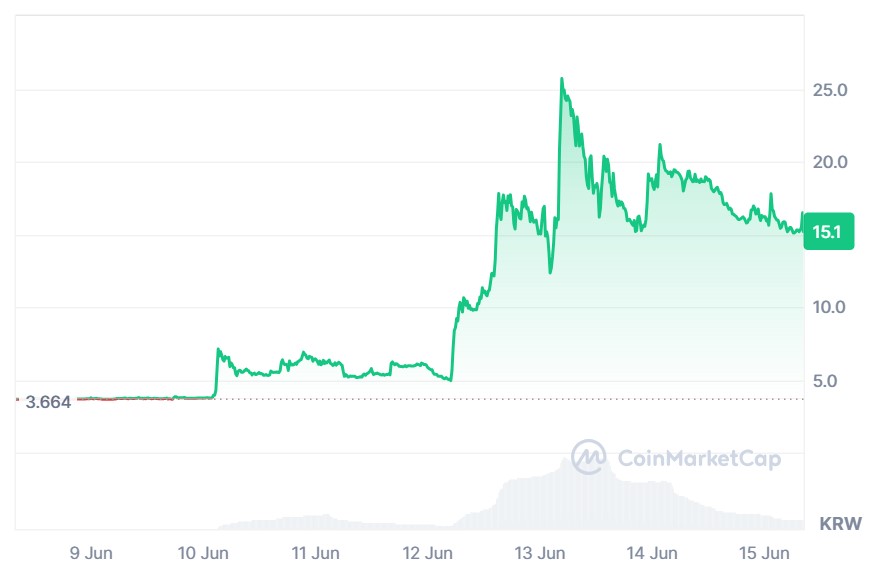Individuals and businesses in most of California and parts of Alabama and Georgia have 2022 federal income tax returns and tax payments due Monday, Oct. 16.
The normal due date of April 18 was automatically postponed for many residents of these states in the wake of natural disasters earlier this year.
Postponements were granted in:
- 13 counties in Alabama due to severe storms, straight-line winds and tornadoes in January. The disaster area includes the counties of Autauga, Barbour, Chambers, Conecuh, Coosa, Dallas, Elmore, Greene, Hale, Mobile, Morgan, Sumter and Tallapoosa.
- 55 of California’s 58 counties (all except Lassen, Modoc and Shasta Counties). Relief is based on three different Federal Emergency Management Agency disaster declarations covering various jurisdictions and event times.
- Nine counties in Georgia due to severe storms, straight-line winds and tornadoes in January. The disaster area includes the counties of Butts, Crisp, Henry, Jasper, Meriwether, Newton, Pike, Spalding and Troup.
The current list of eligible localities is on the disaster relief page on IRS.gov.
Eligible returns and payments include:
- 2022 individual income tax returns and payments normally due on April 18.
- For eligible taxpayers, 2022 contributions to IRAs and health savings accounts.
- Quarterly estimated tax payments normally due on April 18, June 15 and Sept. 15.
- Calendar 2022 partnership and S corporation returns normally due on March 15.
- Calendar-year 2022 corporate and fiduciary income tax returns and payments normally due on April 18.
- Quarterly payroll and excise tax returns normally due on May 1 and July 31.
- Calendar 2022 returns filed by tax-exempt organizations normally due on May 15.
Other returns, payments and time-sensitive tax-related actions also qualify for the extra time. See the IRS disaster relief page for details.
Justin Sullivan/Getty Images via Bloomberg
Regarding victims of Hurricane Idalia and the Hawaii wildfires, relief is primarily for individuals and businesses who already requested extensions to file their 2022 returns. These taxpayers now generally have until Feb. 15, 2024, to file. Details vary, but currently relief is available to 49 counties in Florida, 28 counties in Georgia, all 46 counties in South Carolina and Maui and Hawaii counties in Hawaii.
The IRS automatically provides filing and penalty relief to any taxpayer with an IRS address of record in the disaster area. If an affected taxpayer receives a late-filing or late-payment penalty notice from the IRS that has an original or extended filing, payment or deposit due date falling within the postponement period, the taxpayer should call the number on the notice to have the penalty abated.
The IRS will work with any taxpayer who lives outside the disaster area but whose records necessary to meet a deadline in the postponement period are in the affected area. Taxpayers qualifying for relief who live outside the disaster area need to contact the IRS at (866) 562-5227. This also includes workers assisting with relief activities who are affiliated with a recognized government or philanthropic organization.
Credit: Source link











